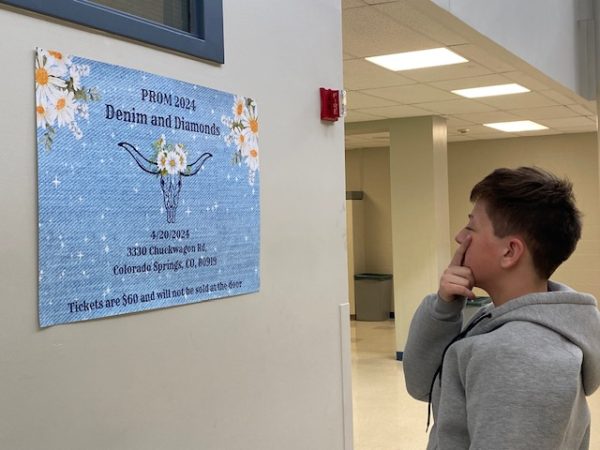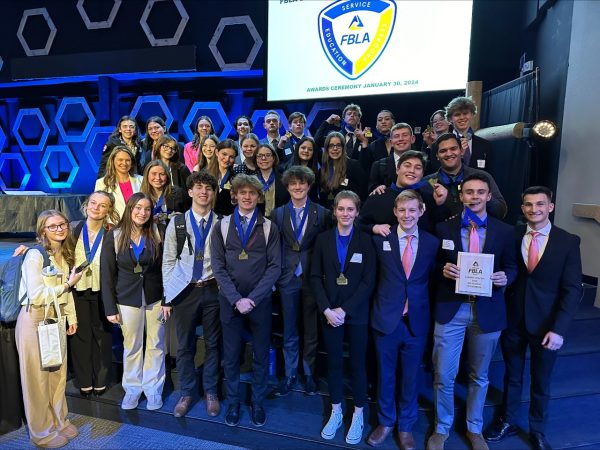Breaking News: Radios Play Garbage
The most popular song of the year 1970 was Simon and Garfunkel’s Bridge Over Troubled Water, a song about cherishing friendship and loyalty.
“When you’re weary, feeling small,
When tears are in your eyes, I’ll dry them all,
I’m on your side, when times get rough,
And friends just can’t be found…”
The lyrics of the song are poetic, taking time to rhyme while giving meaning to the words. A beautiful piano melody fills the background as thought and energy are expressed into the music.
Now take a look at the musical masterpiece of 2018, whose lyrics are… open to interpretation:
“Gucci gang, Gucci gang, Gucci gang, Gucci gang,
Gucci gang, Gucci gang, Gucci gang, Gucci gang…”
The song Gucci Gang, constructed by the lyrical genius Lil’ Pump, uses the incredibly sophisticated and not-at-all annoying style of repetition in order to take the phrase, “Gucci Gang”, and beat it into the skulls of the listener as if it found them in a dark alley. The song truly highlights the artist’s profound talent of pressing some buttons on a computer to create a completely original beat.
It’s hard to imagine how music began as a feat of passion, only to morph into a culture of uninspired “artists” playing the same beat over and over while mumbling over the track. Where lyrics used to be heartfelt, they have since fallen into an amorphous pile of contrived themes and tasteless tracks.
“The biggest change in music has been the introduction of electronics and the technological advances that have allowed for complex layering and editing,” said Austina Lee, the music instructor at AAHS. “They are used in excess in a lot of cases, which can take away from artistry and musicianship.”
Not only does this new breed of music replace the original heartfelt instrumentals, but it also corrupts the natural human voice. Auto-tune has gotten rid of the unique and raw tones once heard on the radio and replaced them with a cheap, plastic copy, eliminating any talent originally needed to perform or to record a song.
Many fans of the older music genre believe that this abomination has to do with music becoming more about business and less about talent. In this day and age, where competition is over-abundant and a mere YouTube search is all that is needed to find the top songs, it’s hard for musicians to maintain relevance while staying true to the “art” of their music.
A scientific study composed by Elizabeth Margulis found that there’s a psychological reason behind why listeners love repetition so much in music. To conduct the study, Margulis remixed some classical compositions, making some more repetitive than the others. The results revealed that people tend to enjoy the repetitive versions more than the originals.
The reason for this is that the human brain registers repetition in the same way it registers expectations. If a melody plays again and again in a song, people will come to expect it being played throughout the entire song. The brain’s natural response to fulfilled expectations is to release dopamine, rewarding the listener for anticipating the song’s next move.
Modern music’s manipulation of the human mind has left the industry in complete shambles, as every artist now struggles to pump out the next generic and unoriginal beat to scam millions of dollars out of their audience.
So the question may be asked, how can anyone stop this atrocity?
The answer is actually quite simple: Don’t give in to the tasteless tracks that are being bashed into the heads of millions of people. The industry of music always follows the demands of its consumers, and if the consumers demand quality entertainment and music, the industry will deliver.

Hello. I'm Michael Boe, and this is my second year writing for the JetStream Journal. I'm an author and I love to write articles that offer new ideas or...
















